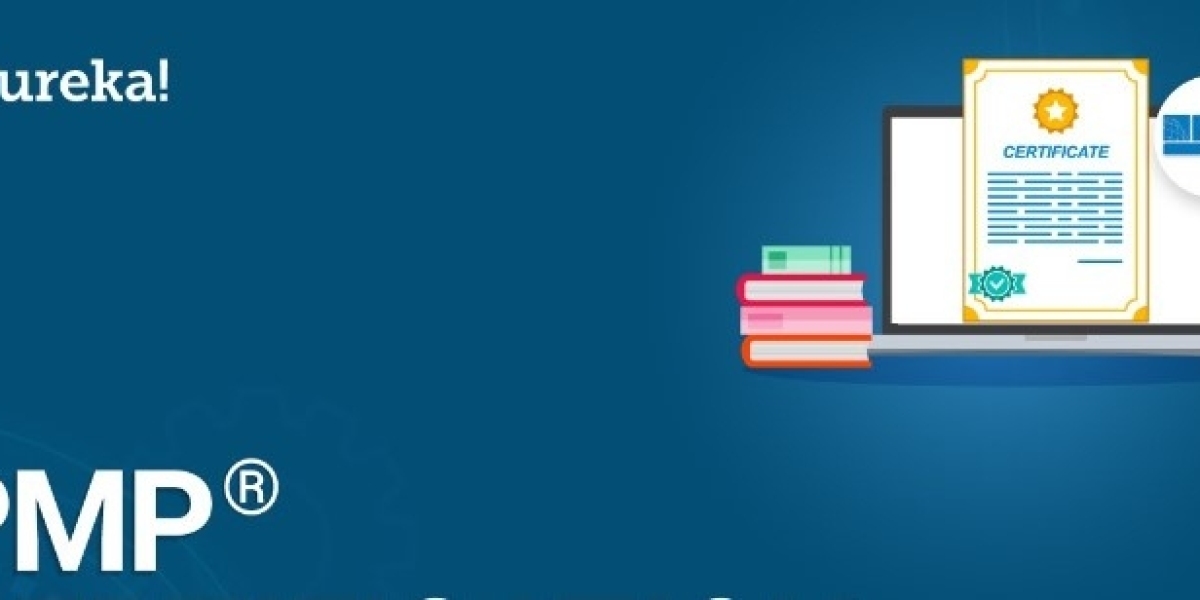A project manager is a professional responsible for planning, coordinating, and overseeing the procurement processes and activities within a project. The role of a project manager in procurement is to ensure that the necessary goods, services, and resources are acquired in a timely, cost-effective, and efficient manner to support the project's objectives. This involves managing the entire procurement lifecycle, from identifying the need for goods or services to the final delivery and payment.
Key responsibilities of a project manager in procurement include:
1. **Requirement Analysis:** The project manager collaborates with stakeholders to identify and define the procurement needs of the project. This includes understanding the project scope, budget, quality requirements, and timeline.
2. **Vendor Selection:** The project manager evaluates potential vendors and suppliers to identify those that can meet the project's requirements. This involves conducting vendor assessments, requesting proposals or quotes, and considering factors such as reputation, capabilities, pricing, and reliability.
3. **Negotiation:** Negotiation is a crucial skill for a project manager in procurement. They negotiate contract terms, pricing, delivery schedules, and other terms and conditions with vendors to ensure favorable terms for the project.
4. **Contract Management:** The project manager is responsible for drafting, reviewing, and managing procurement contracts. This includes ensuring that contracts are legally sound, align with project requirements, and clearly define responsibilities and deliverables.
5. **Risk Management:** Procurement projects come with inherent risks, such as vendor non-performance, delays, and quality issues. The project manager identifies potential risks and develops mitigation strategies to address them.
6. **Supplier Relationship Management:** Building and maintaining positive relationships with suppliers is essential. The project manager fosters effective communication, manages expectations, and resolves any issues that may arise during the procurement process.
7. **Quality Assurance:** The project manager ensures that procured goods and services meet the required quality standards. They may implement quality control measures, conduct inspections, and verify that deliverables align with specifications.
In summary, a project manager in procurement plays a vital role in ensuring that a project's procurement activities are executed smoothly and effectively. Apart from it by obtaining PMP Certification, you can advance your career as PMP. With this course, you can demonstrate your expertise in extensive knowledge of Project Management concepts highlighted in the PMBOK Guide - 7th Edition which is aligned with the latest PMP Exam Content Outline, and many more.
They balance the project's needs with vendor capabilities, manage risks, control costs, and facilitate a seamless flow of goods and services to support the project's successful completion. Effective procurement management contributes to project efficiency, stakeholder satisfaction, and the achievement of project goals.









